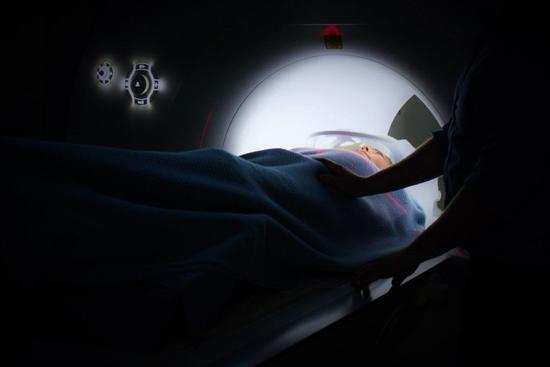
This article is produced by NetEase Smart Studio (public number: smartman163). Stay tuned for the future of AI and the next big technological revolution!
On November 1st, NetEase Smart News reported that suicide is the second leading cause of death among young people aged 15 to 34 in the United States. Clinicians often face challenges in identifying individuals at risk of self-harm. However, a groundbreaking study published today in *Nature Human Behavior* introduces a new machine learning approach that could help detect those with suicidal thoughts.
The research involved 34 participants, half of whom had a history of suicidal ideation, while the other half served as controls. Each individual underwent functional magnetic resonance imaging (fMRI) and was asked to list 10 words related to three themes: suicide-related terms (e.g., "death," "pain," "fatal"), positive emotions ("carefree," "kindness," "naive"), and negative emotions ("boring," "evil," "internal"). The team also analyzed previously mapped neural patterns associated with emotions like "shame" and "anger."
Researchers identified five key brain regions and six specific words that were most effective in distinguishing between suicidal and non-suicidal individuals. Using this data, they trained a machine learning model that accurately classified 15 out of 17 suicidal participants and 16 out of 17 controls. Later, they further refined the model by splitting the suicidal group into two—those who had attempted suicide and those who had not—and achieved an accuracy rate of 16 out of 17.
The findings revealed significant differences in how individuals with suicidal thoughts responded to certain words. For example, when exposed to the word "death," the brain regions associated with "shame" showed heightened activity in suicidal participants compared to the control group. Similarly, the word "trouble" triggered more activity in the "sadness" areas of the brain in those at risk.
This marks one of the latest efforts to integrate artificial intelligence into mental health care. Researchers are exploring various AI applications, from analyzing brain scans to predicting depression and detecting PTSD through speech analysis.
Earlier this year, *Wired* reported on systems that can identify at-risk individuals using health records with up to 90% accuracy. Facebook has also implemented text-mining tools to detect users expressing suicidal tendencies and connect them with mental health resources. However, some experts have raised concerns about the effectiveness and ethical implications of such tools.
Artificial intelligence is rapidly transforming the medical field. Some algorithms are already excelling at detecting tumors in CT scans, and renowned deep learning researcher Geoffrey Hinton once famously suggested that radiologists may soon become obsolete. While such predictions are bold, the current study highlights the potential for AI to support, rather than replace, human clinicians.
The research could lead to new therapeutic approaches, such as targeted brain stimulation or improved psychological interventions. By understanding how the brain reacts to specific emotional cues, therapists may be able to develop more personalized and effective treatment strategies.
Follow the NetEase Smart Studio public account (smartman163) for the latest updates on AI innovation and its impact on society.
Display Screen,Display Screen Lcd Advertising,Display Screen Indoor,Display Screen Lcd
ESEN HK LIMITED , https://www.esenlcd.com